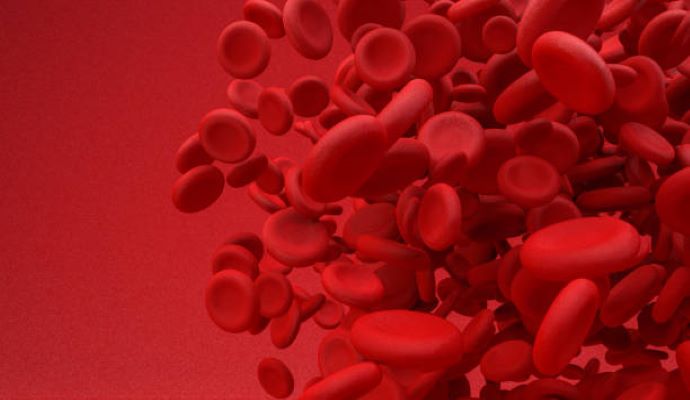FDA Approves Cell-Based Gene Therapy for Patients with Beta Thalassemia
The FDA recently approved the first cell-based gene therapy for patients with beta thalassemia in pediatric and adult patients.

Source: Getty Images
- On August 17, 2022, the FDA approved bluebird bio's Zynteglo (betibeglogene autotemcel), the first cell-based gene therapy to treat patients with beta thalassemia who need regular red blood cell transfusions.
As stated in the FDA press release, “beta thalassemia is a type of inherited blood disorder that causes a reduction of normal hemoglobin and red blood cells in the blood, through mutations in the beta-globin subunit, leading to insufficient delivery of oxygen in the body.”
According to the National Organization for Rare Diseases (NORD), the disease is an autosomal recessive genetic disorder. While it is an overall rare disease, it is the most common of that kind. The disease affects approximately 1 in 100,000 people.
Despite its rarity, the disease is especially prevalent in the Mediterranean, Middle East, Africa, Central Asia, the Indian subcontinent, and the Far East.
The FDA press statement announced that Zynteglo is administered as one-time gene therapy. “Each dose of Zynteglo is a customized treatment created using the patient’s own cells (bone marrow stem cells) that are genetically modified to produce functional beta-globin (a hemoglobin component),” stated the press release.
Based on information from the European Medicines Agency, this medication is administered as an infusion after chemotherapy is used to prepare their bone marrow.
Of the 41 patients involved in the Zynteglo clinical trial, approximately 89% no longer required regular transfusions.
Despite its success, Zynteglo does have some potential side effects, including reduced blood cell levels, mucositis, febrile neutropenia, vomiting, fever, hair loss, nosebleeds, abdominal pain, musculoskeletal pain, cough, headache, diarrhea, rash, constipation, nausea, decreased appetite, pigmentation disorder, and itching.
The press statement also highlighted the potential for blood cancer development, although no documented cases exist.
“Today’s approval is an important advance in the treatment of beta thalassemia, particularly in individuals who require ongoing red blood cell transfusions,” said Peter Marks, MD, PhD, director of the FDA’s Center for Biologics Evaluation and Research, in the announcement. “Given the potential health complications associated with this serious disease, this action highlights the FDA’s continued commitment to supporting the development of innovative therapies for patients who have limited treatment options.”
